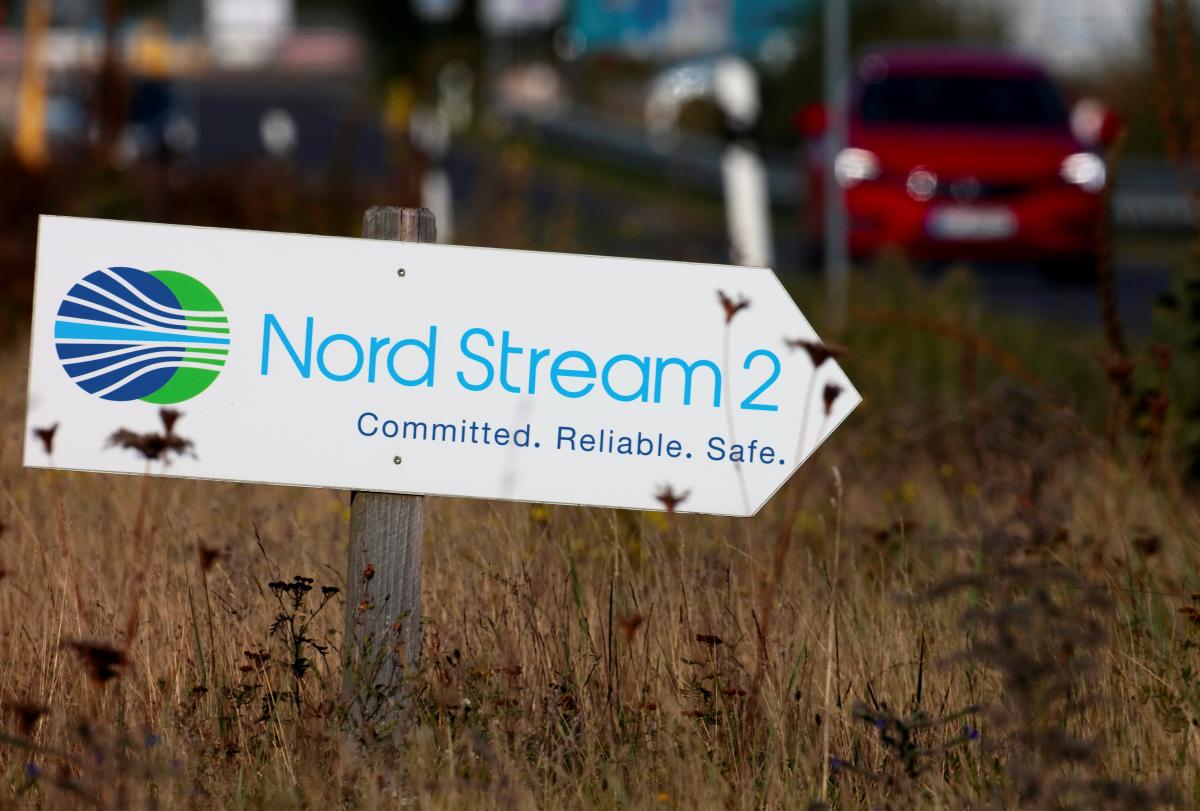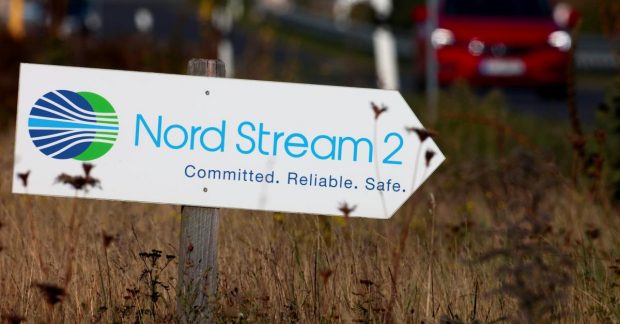The Russian project is seen primarily as a threat to security.

REUTERS
Ukraine may enter talks on compensations for a loss of gas transit revenue after the launch of the Nord Stream 2 pipeline.
Minister of Foreign Affairs of Ukraine Dmytro Kuleba announced this in an interview for Germany’s Die Welt, according to Deutsche Welle‘s Ukrainian bureau.
“If we are offered negotiations on compensation, then we will consider this. But we will not necessarily agree to what we will be offered,” Kuleba said.
The minister says has the impression that recently the United States’ determination to press for compensation for Ukraine in the event of the completion of the gas pipeline “has increased significantly.”
Read alsoWhat Ukraine should do not to burn its fingers on compensation for Nord Stream 2
Kuleba says Ukraine sees the gas pipeline primarily as a threat to security.
“Therefore, we say that the gas pipeline should be used as a lever to induce Russia to play a constructive role in the peace process in eastern Ukraine,” he said.
Nord Stream 2: Background
- The Nord Stream 2 project envisages the construction and operation of two gas pipeline branches with a total throughput capacity of 55 billion cubic meters of natural gas per year from the coast of Russia through the Baltic Sea to Germany. It should connect Russia’s Ust-Lug and Germany’s Greifswald.
- This new pipeline bypassing Ukraine is to be built next to the existing Nord Stream 1 pipeline. The construction of the pipeline was expected to be completed before the end of 2019. The pipeline will be 1,220 km long.
- Russia’s natural gas giant Gazprom is the founder of Nord Stream 2 AG.
- The project is being financed by European companies – France’s ENGIE, Austria’s OMV, Royal Dutch Shell, as well as Germany’s Uniper and Wintershall.
- Ukraine stands against the construction of Nord Stream 2 as it will most likely lose its status of a gas transit country, while its potential revenue losses are estimated at US$3 billion annually. The project was also highly criticized by the U.S., Poland, and the Baltic States.
- The construction of the pipeline was suspended over U.S. sanctions against contractor companies, but resumed in February 2021. Nord Stream 2 AG decided to complete it on its own.


